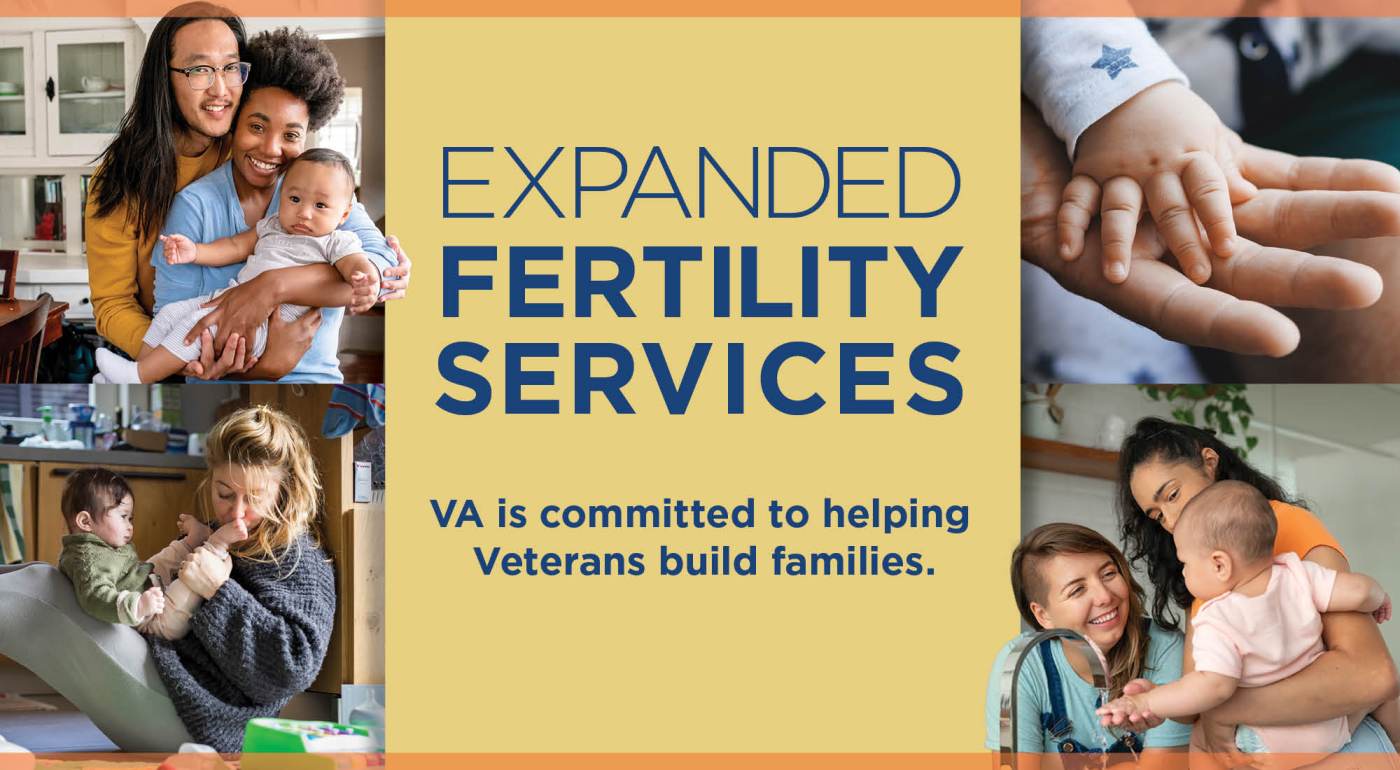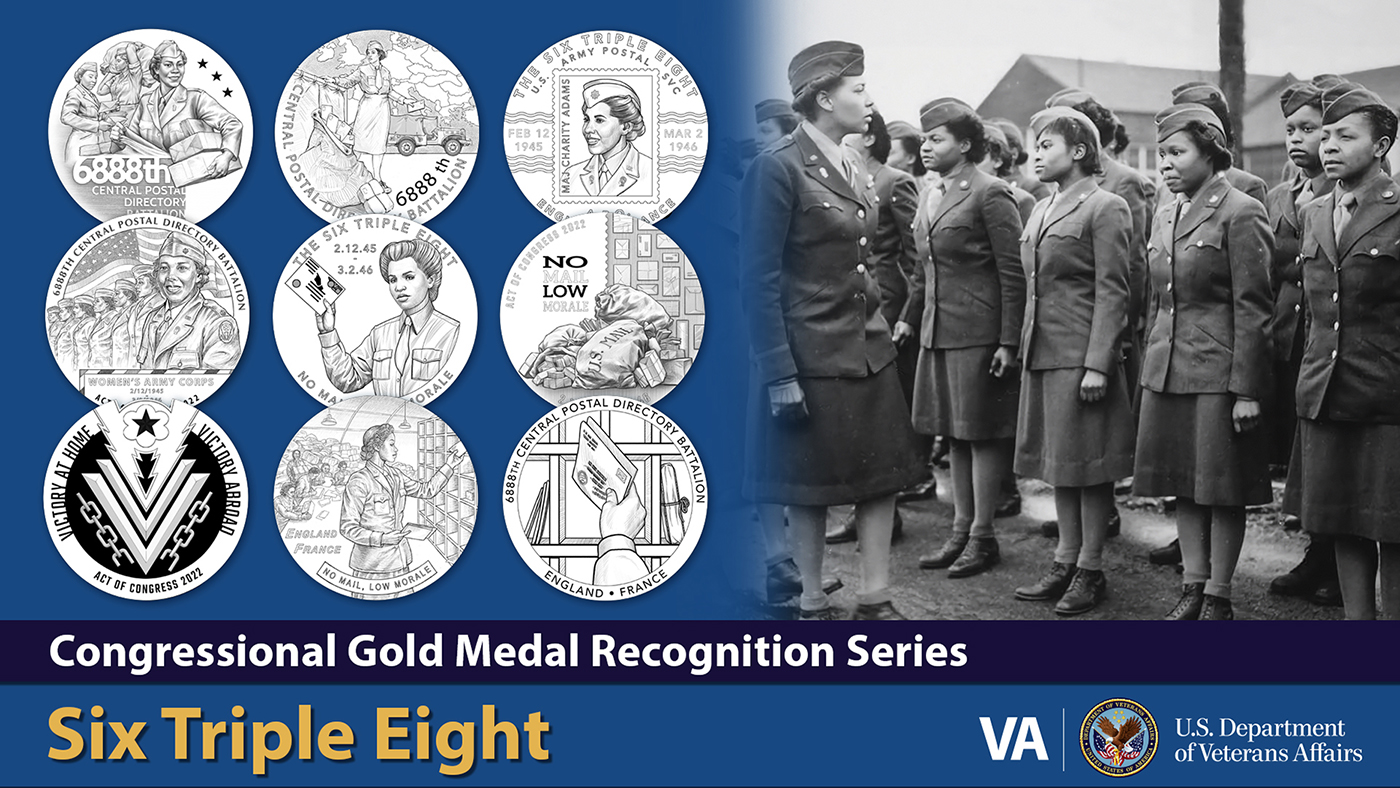This month’s Center for Women Veterans Book Corner author is Marine Corps Veteran Phoebe Sisk, who was the youngest of 12 children born to artist parents and who lost her mother to suicide at five.
Envisioning a different future, Sisk graduated with honors from college and joined the Marine Corps with future husband Kevin, excelling in a left-brained male environment without compromising creativity or femininity.
Sisk wrote “Letters from the Last Pope” for her children. In sharing her painful story, she invites readers to embrace the wounds that unite us and to reframe the past through a lens of grace. The following is an edited transcript of her interview with the CWV.
What are you doing now?
I own a real estate business and am serving in the Texas State Guard. My husband and I are also very active in the lives of our college-age children.
Where and when did you serve?
I served active duty in the Marine Corps from 1988-1992 (and later in the Reserve through 1994) and was stationed at Camp Lejeune, North Carolina. My husband and I met in college and joined the USMC together, serving during the Persian Gulf conflict.
What was your proudest service memory?
Working for (then) Brig. Gen. Charles Krulak, who later became the 31st Commandant of the Marine Corps. He was an outstanding leader; he would light up a room but made you feel as if you were the wattage. From him I learned that optimism and confidence are both self-fulfilling prophecies.
What was your inspiration for becoming an author?
I’ve always been a writer for as long as I can remember. My mother and father were both writers, and I think it formed the way I viewed myself growing up. Today, writing has become something that I can’t not do… it is a necessary form of expression for me. I wrote my book in the spirit of healing through the telling of my life story, and I hope to encourage others to do the same.
How has your military experience shaped your creativity or how you express yourself?
It has made me all the more aware of how the left and right brains serve one another—and that they are meant to work in tandem. Creativity works best when it is supported through the discipline of logic and can be maximized to its best expression when developed within the constructs of organization and planning.
What advice would you give other women Veterans who may be considering writing?
I would encourage them to simply put pen to paper… and write. It is best to not over analyze or complicate the process. Becoming a writer is to simply give voice to that which you feel most strongly about communicating. There are so many avenues to sharing your works—through social media, blogs and even self-publishing on Amazon (which you can do a chapter at a time). It’s a great time to be a writer, and there are many resources to take advantage of in doing so.
How can women Veteran Authors shape society’s understanding of women Veterans’ military experience and their contributions?
Their stories can help to share a glimpse into the uniqueness of the experience of serving as a woman. Military service itself is often very different than how it is typically portrayed. This is even more true for the military experience of women.
What were some of your obstacles and challenges in writing this book?
It’s difficult sometimes to see the value of your own life story—and that was definitely an obstacle I faced. A natural part of the process of writing a book is doubt, and it is important to be prepared to face this challenge when it surfaces, as it surely will, in order to successfully overcome it.
What are your recommendations for illustrating, book cover selection and the publishing process?
I would recommend that authors support themselves by partnering with professionals who can help with these processes. I worked with a company in Austin, Texas, named Scribe. It made the process of publishing very positive.
What is one significant thing we should know about you?
That I strongly feel God at work in my life and I am grateful for all that He has shown me—for not only the good and joyous, but also for the challenging and difficult, as it has made me strong and brought me closer to Him.
How has writing this book helped you?
It has truly been cathartic and has allowed me to move past my story, to put down that which I was carrying from my past. I have moved into a new realm of my development and of my life as a result.
What is your favorite quote?
“All battles are first won or lost in the mind.” – Joan of Arc
If you could choose one woman from any point in time to share a meal with, who would she be?
Catherine of Valois, who was married to both Henry V and later to Owen Tudor. She is my fifteenth great grandmother on my mother’s side.
Are you a woman Veteran author, or do you know of one?
If so, please visit our website to find out more information. If you have further questions, contact the CWV Outreach Program Manager Michelle Terry at 00W@VA.Gov.
Topics in this story
Link Disclaimer
This page includes links to other websites outside our control and jurisdiction. VA is not responsible for the privacy practices or the content of non-VA Web sites. We encourage you to review the privacy policy or terms and conditions of those sites to fully understand what information is collected and how it is used.
Statement of Endorsement
Reference herein to any specific commercial products, process, or service by trade name, trademark, manufacturer, or otherwise, does not necessarily constitute or imply its endorsement, recommendation, or favoring by the United States Government, and shall not be used for advertising or product endorsement purposes.
More Stories
Thinking about building a family or exploring fertility treatments? VA can support you with a wide range of services.
Report examines the input of over 7,000 women Veterans: They are happier with VA health care than ever before.
The 6888th Central Postal Directory Battalion was awarded the Congressional Gold Medal in 2022, the highest civilian honor bestowed by the United States Congress. This prestigious award recognized the unit's outstanding service and the lasting impact it had on the military and society as a whole.






